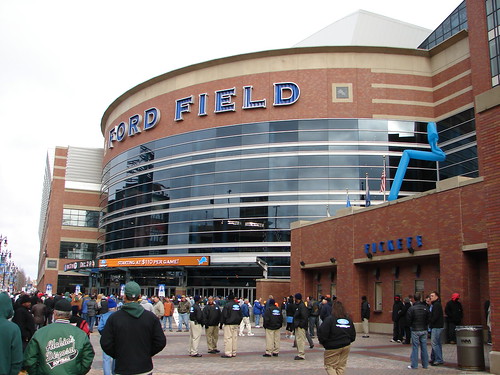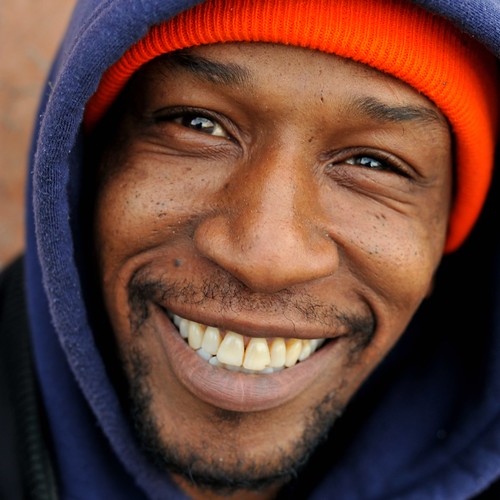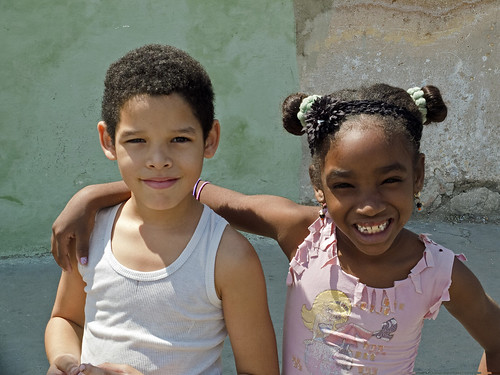 |
| Photo courtesy of Kainos Movement |
I joined with a diverse group of over 30 leaders from Cru at our Orlando headquarters to watch the two-hour livestream together and to participate in a 90 minute discussion afterward.
I won't attempt to comment on all that happened during the event (a couple of worthwhile summaries can be found at Reformed African American Network (RAAN) here and here) but, overall, I was pleased that this type of discussion was taking place. I would have preferred more woman on the panel and greater diversity in the ethnic and theological backgrounds of the panelists but those that participated did an admirable job.
In a country that has been historically divided along racial & ethnic lines, many of our churches have often trailed behind the broader culture in responding to racial injustice and actively moving towards unity across ethnic lines. I appreciated the emphasis that was placed on the importance of individual action and friendships in order for us to see healing in the Church. Although most panelists acknowledged the existence of systemic injustices, there was agreement that we each have a role to play.
In live-tweeting the event, there was a number of good comments that I captured. Here are a few that I felt were particularly poignant:
- "Real change will happen around the dinner table. We have to do it where others may not necessarily see it." @trillianewbell
- "Our immaturity as it pertains to the gospel and race has been exposed." @pastoremase
- "At the end of the day, we don't know each others' stories. If we lack proximity, we will lack empathy." @bcloritts
- "We're here at the Lorraine Motel where MLK was assassinated not because we've gotten it right but because we've gotten it wrong." @alberttate
- "What changed for me? My friendships with African Americans has grown exponentially." @MattChandler74
- "If we can't have those conversations in the Church, how can we expect the world to?" @darrinpatrick
- "These stories are American stories. Our collective stories." @ThabitiAnyabwil
- "The Church has allowed our racialized society to influence us more than the Christ." @DerwinLGray
- “Preempt the issues on abortion, on racism, and others, biblically. Go there first, and capture the vocabulary.” @JohnPiper
On a personal level, I was especially encouraged that a number of Cru leaders participated in this event within the context of multi-ethnic community. We had a healthy discussion after the livestream concluded and I trust that those dialogues will continue and, ultimately, will result in positive action. The discussion was great but the its true effectiveness will be measured in changed hearts and increased friendships across ethnic lines.
For me, I've already seen positive results. Just this morning at a men's small group Bible study through my church, we had a vigorous discussion about "A Time to Speak" and the current realities of race in America. As we shared our opinions, I realized that one of my friends in the group held a much different perspective than me. We had a tense, yet respectful, interaction where our perspectives were shared.
After the group was over, this friend and I took the time to talk further. We listened to one another more fully and sought to understand where the other was coming from. We looked for common ground and challenged one another's assumptions. Our conversation ended with him asking for suggestions on practical ways that he can learn more about these issues with different perspectives than his own.
It was a gracious dialogue between two Christian brothers with differing viewpoints yet both seeking to understand the other. Though we share the same ethnic background, we do not view these issues in the same manner. But we were able to talk about it and, hopefully, it will result in greater understanding on both our parts as we relate to those that live in different worlds than our own.
And that is my hope for what happens after "A Time to Speak." That honest and vulnerable dialogue will translate into greater empathy for one another. And that, eventually, that empathy turns into concrete loving action where people of various ethnicities build real and lasting friendships with one another.
As much as I support the fight against unjust systems and structures, we could end up on an equal playing field yet still hating one another. Yes, let's fight inequality and injustice, but let's do so spurred on by the gospel and in the context of friendship and Christian brotherhood. We'll be all the better for it.
[If you're interested in learning more about what led me into caring so deeply about these issues, please check out a previous post of mine, How A Small Step Of Faith Started My Journey Into Ethnic Minority Ministry.]
















